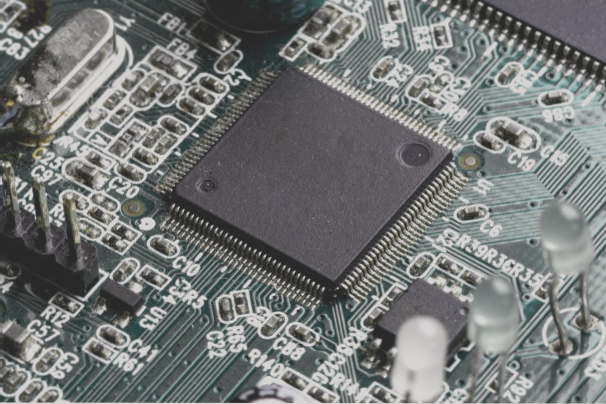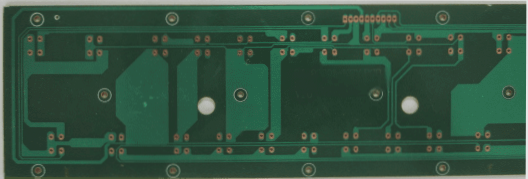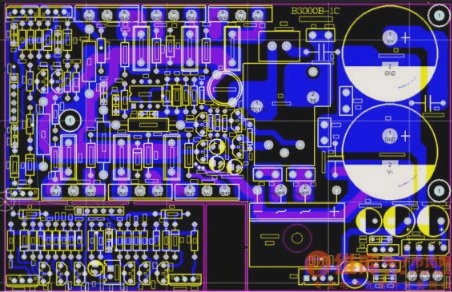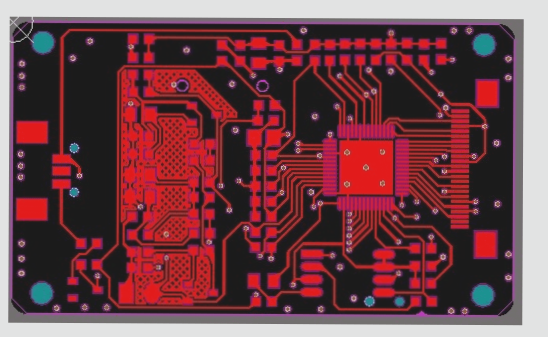1. Assess the health status.

1. The sanitary conditions of a factory are a direct reflection of the responsibility taken by the factory manager. At first glance, the health status may not seem to directly impact production results, but a well-maintained environment indicates that factory managers prioritize the essential needs of all employees over merely focusing on factory income. Those who value others’ small concerns as their own significant issues can truly earn trust and excel in product quality.
2. Assessing material turnover and placement is crucial. The handling and organization of production materials in a PCBA processing enterprise can reveal the company’s attention to detail. Incoming materials, semi-finished goods, inspection products, and finished items should be organized clearly and reasonably, using protective measures such as turnover carts and electrostatic boxes to enhance product reliability and safety. While customers may overlook internal processes, the method of turnover and placement directly impacts product quality and loss indicators. A disorganized system can lead to serious issues in PCBA processing capacity and speed. Shenzhen Zhengjiaxiang, which handles extensive PCBA contract labor and materials, not only controls its factory materials but also manages other components with flexibility in material turnover.
3. The workshop’s space is another key indicator of a company’s capacity. If a PCBA processing company has limited space, it suggests that its current workload is at capacity. Even with advanced processing technology and strict management, limited resources can hinder the ability to take on new projects. Caution is warranted in such scenarios.
4. Examining shipping packaging is essential. How products are packaged for delivery matters. Is it in a cardboard box, adequately protected? Packaging serves as an enterprise’s face and reflects its competitive service mindset and core management philosophy. Some PCBA companies may neglect this aspect, viewing themselves as producers of intermediate products, which indicates a conservative operational mindset. Conversely, if packaging is pristine and dispatch and recycling processes are well-organized, it signals that the company is committed to long-term partnerships.
5. Finally, focus on the fundamental production equipment. After evaluating the previous four points, it’s essential to consider the machinery used. Equipment fundamentally determines production capacity and quality, and effective management ensures that machines operate at their maximum potential. If the machinery is insufficient or underperforming, it may be best to reconsider collaboration. Key factors include the completeness of equipment, the ability to independently complete processing procedures, the extent of automation, and whether the production process meets product requirements.
By considering these five points, identifying a suitable PCBA processing factory should be straightforward.




